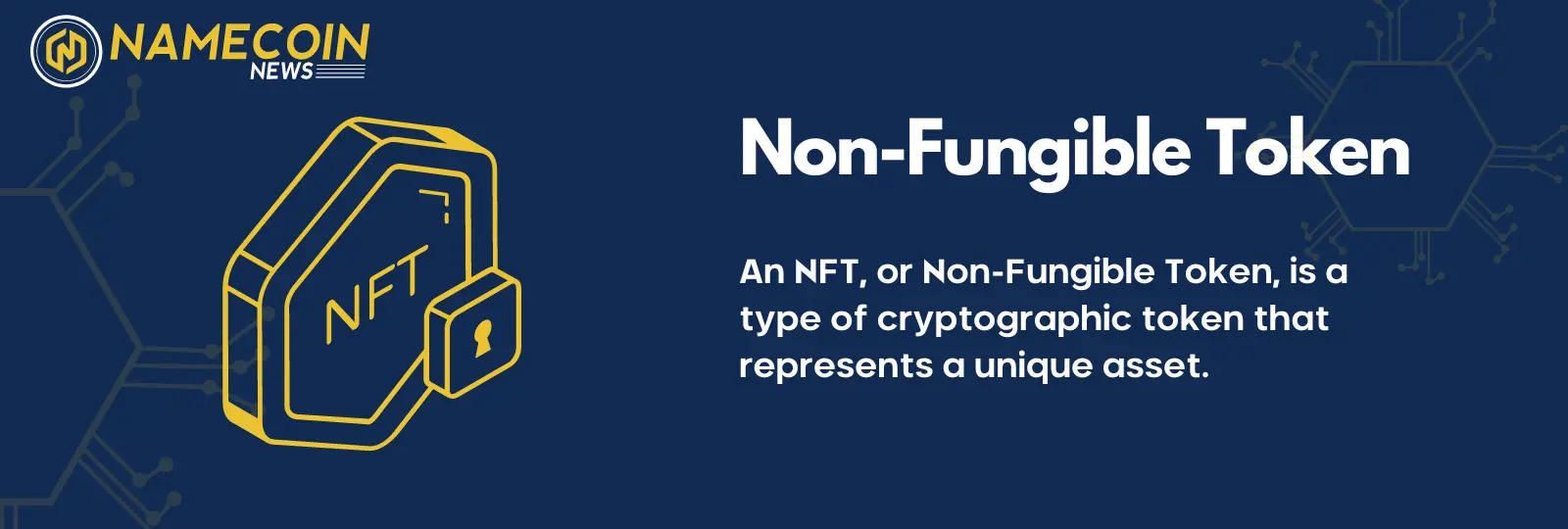NFT represents the Non-Fungible Token. But what does the full form NFT imply? In layman’s terms, NFT meaning is a type of cryptographic token that denotes something unique. This one distinction sets it apart from the rest of the crypto assets like Bitcoin that are homogenous and can be traded for one another or exchanged. From art to music, from in-game items to videos, NFTs facilitate verifying ownership plus authenticity concerning digital products.
What does NFT stand for?
This is a definition of non-fungibility, which means that an asset has a unique character and no substitutes exist for it. It differs from fungible commodities like cash that can be converted into any denomination of value. For instance, all Bitcoins are equal to each other but every NFT is distinct with its valuation.
How do NFT work?
NFTs operate by using blockchain technology predominantly Ethereum to generate a verifiable digital ownership certificate. Each NFT has its unique identifying number which sets it apart from other tokens, and this detail is contained on the blockchain for easy understanding and security purposes. Use blockchain technology, mainly Ethereum, to prototype verifiable digital proof of ownership for NFTs. Every crypto NFT possesses exclusive identifying characteristics which differentiate them from each other’s tokens; this identity is stored permanently in the blockchain thus guaranteeing both transparency and safety.
Why are NFT important?
Nfts are important as they permit real digital ownership and verification of authenticity. This provides new economic opportunities for creators, since they can sell their digital works directly to their buyers as well as earn royalties from secondary sales. Moreover, NFTs can also serve as a means of representing ownership of both tangible and intangible assets, thus linking the physical to the virtual. In essence, NFT means a way to bridge the gap between physical and digital ownership.
Pros and Cons of Investing in Crypto NFT
Pros:-
- One-of-a-kind Ownership: Gives groundbreaking possession of discrete data assets that can be authenticated through blockchain technology.
- Perpetual Earnings for Creators: Creatives get perpetual remuneration for their artistic work each time it is resold.
- Multiple Applications: Can be used across different sectors such as art, gaming or virtual land.
Cons:-
- Market Volatility: The values of NFTs are often highly volatile and speculative.
- Environmental Impact: The high energy consumption is inherent in blockchain networks.
- Legal Risks: An uncertain legal landscape regarding ownership and copyright.
NFT History Timeline
NFTs have been around since around 2010 but really took off in 2017 when CryptoKitties came out as a downloadable video game based on blockchain technology. This created an immense demand for NFTs leading to enormous transactions plus participation from elite musicians, actors and companies.
What can you do with NFT once you buy them?
Once you acquire a non-fungible token, the digital rights for this particular asset belong to you. In this case, online galleries serve as a platform to show it off; it may be used for games or virtual locations, be sold on NFT marketplaces or even retained as an investment based on speculation. This ownership status is validated and stored securely in the blockchain system.
Where do you buy or sell NFT?
Online platforms such as OpenSea, Rarible and Foundation are places where NFTs can be purchased or sold. Users of these platforms can mint, list, purchase and sell NFTs thus offering a marketplace for digital assets.
What’s Next For NFT?
Looking into the future, one can see that NFTs are gaining traction in terms of applicability to several fields like real estate, finance and entertainment. With advancements in technology and increased adoption of block chain by many more industries, it is highly probable that crypto NFT will in the near future be utilized as means for authentication of ownership rights in the digital era.

